
Discover a structured, supportive program that helps teens regulate emotions, reconnect with family, and rediscover hope.
(949) 557-0077
Hoag doesn't believe in pathologizing teens, we believe in supporting them. Starting with an afterschool program like ASPIRE can be a powerful first step, offering a familiar and structured environment where teens feel safe, heard, and empowered. For many, this setting inspires hope and builds trust, creating the foundation for meaningful, transformational change. While higher levels of care, such as residential or wilderness programs, are appropriate and necessary in some situations, these environments can sometimes feel overwhelming or punitive to teens. ASPIRE offers a supportive, collaborative starting point that helps teens engage in meaningful growth without feeling displaced.
Our after-school program focuses on building essential coping and social-emotional skills to better navigate their depression, anxiety, mood dysregulation, and more. Review a sample of our curriculum to see how our approach is different.
At ASPIRE, we use two proven therapy approaches: DBT (Dialectical Behavior Therapy) and CBT (Cognitive Behavioral Therapy). These approaches help teens learn how to manage tough emotions, build healthier habits, and feel more in control of their lives.
Helping your child find the help they need can be daunting and confusing. We have gathered helpful resource guides to assist you in speaking with your child about getting help, what behaviors may be an indication of something larger and practices at home to build healthy communication.



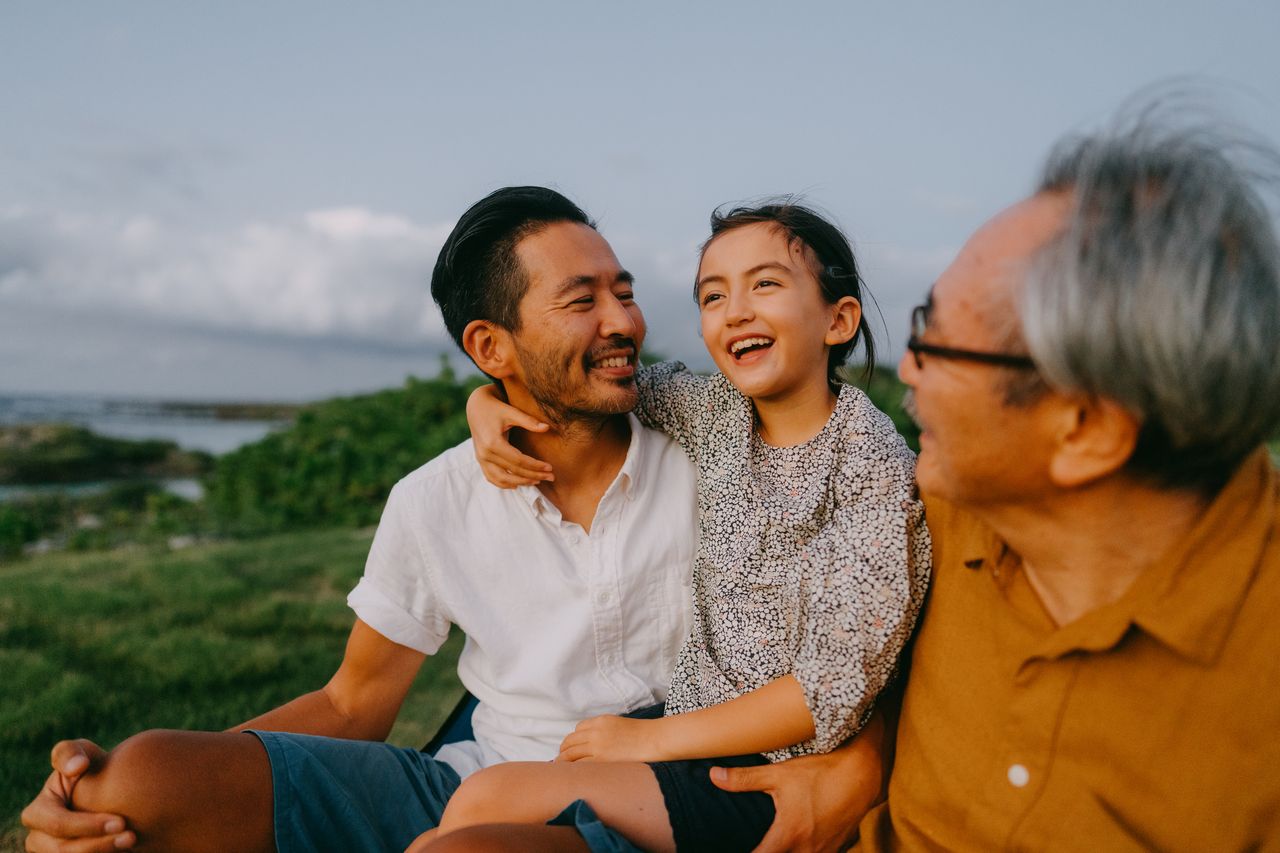
ASPIRE is an 8-week resiliency outpatient program that meets four afternoons per week, helping teens develop essential coping strategies and social-emotional skills when they need it most: right after school. This is an interactive, educational classroom setting designed to be collaborative. This program is not group therapy; it’s educational skill coaching.

When your teen is struggling with anxiety, depression, or other mental health challenges, choosing the right care can feel overwhelming, but Hoag's ASPIRE program offers the comprehensive, evidence-based support your family needs during this critical time. ASPIRE is specifically designed for teens aged 13-18 facing mental health disorders and substance abuse challenges. Hoag's ASPIRE is accredited by the Western Association of Schools and Colleges (WASC), demonstrating the program's commitment to the highest educational and clinical standards. Most importantly, ASPIRE doesn't just treat your teen; it includes comprehensive family programming, recognizing that healing happens best when the entire family is supported, educated, and empowered to move forward together toward lasting wellness and resilience.

Hoag Center for Healthy Living - ASPIRE Newport Beach
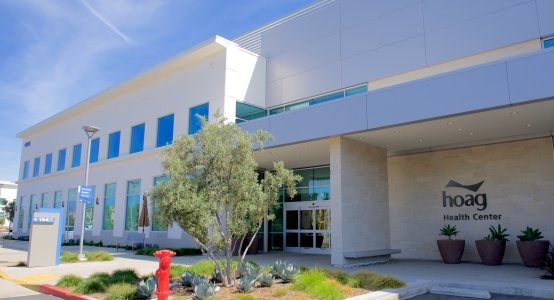
Hoag Health Center - Irvine ASPIRE
Get care from medical providers that fit your needs in a location near you.
Find a providerDidn’t see what you’re looking for? Reach out and we’ll make sure you get what you need.
Contact usIf your teen is isolating, emotionally overwhelmed, falling behind in school, or feeling hopeless — you are not alone. For those teens best served at a specialized program with peers, ASPIRE might be right for your teen.
ASPIRE supports adolescents ages 12–18 who are dealing with:
Depression & anxiety
Overwhelming loneliness or loss of human connection
ADHD & mood dysregulation
Trauma, grief & loss
Oppositional behavior or self-injury
Emotional and identity challenges related to adoption
OCD or other mental health-related symptoms
We also support parents who feel frustrated, helpless, or unsure of what to do next. Our process ensures parents are learning the same communication skills we teach teens for lessons to be practiced at home, beyond our educational environment.
ASPIRE is an 8-week resiliency outpatient program that meets four afternoons per week, helping teens develop essential coping strategies and social-emotional skills when they need it most — right after school. This is an interactive, educational classroom setting designed to be collaborative. This program is not group therapy; it’s educational skill coaching.
Program Schedule: Mondays–Thursdays: 3:30–6:30 PM Fridays: 3:30–5:30 PM (Parents join from 4:30–5:30 PM)
Accredited education component: Earn 5 high school elective credits from 7 Orange County school districts
Evidence-based therapy: Group sessions using DBT and CBT
Multidisciplinary care team: Therapists, psychiatrists, and social workers
Judgment-free environment rooted in empathy and encouragement
Parental involvement every step of the way
Each week, we will focus on learning a new skill and implement it into practice. For each module listed below, we will spend two weeks discussing and developing skillsets for understanding and development.
This is an educational environment meant to help you learn more about your emotions and effective communication skills. This is not a group therapy environment. We integrate structured learning with art therapy, music, and movement.
Parental involvement is key to the success of your child. The skills we learn together can be taken home and implemented immediately.
Encourages balancing acceptance and change in relationships and personal decisions.
Teaches validation, dialectical thinking, and reducing extreme or polarized views.
Helps caregivers and clients navigate conflict and build mutual understanding.
Provides tools to survive crisis situations without making them worse (e.g., distraction, self-soothing).
Encourages acceptance of reality in moments of intense emotional pain.
Focuses on short-term coping strategies rather than long-term change.
Helps identify and label emotions accurately.
Teaches strategies to reduce emotional vulnerability and reactivity.
Promotes building positive experiences and increasing emotional resilience.
Develops skills to assert needs and set boundaries while maintaining relationships.
Balances self-respect, relationship goals, and objective effectiveness.
Includes techniques like DEARMAN, GIVE, and FAST for effective communication.

Hoag works with most insurance providers and will advocate for you to get the maximum coverage possible.
Hoag respects your privacy and is committed to protecting your personal information. We will take every measure to ensure that the information you share with us remains confidential and is only disclosed to authorized individuals or entities with your explicit consent.
To verify your insurance coverage, call one of our mental health specialists today at (949) 557-0077 and we will be happy to assist you.
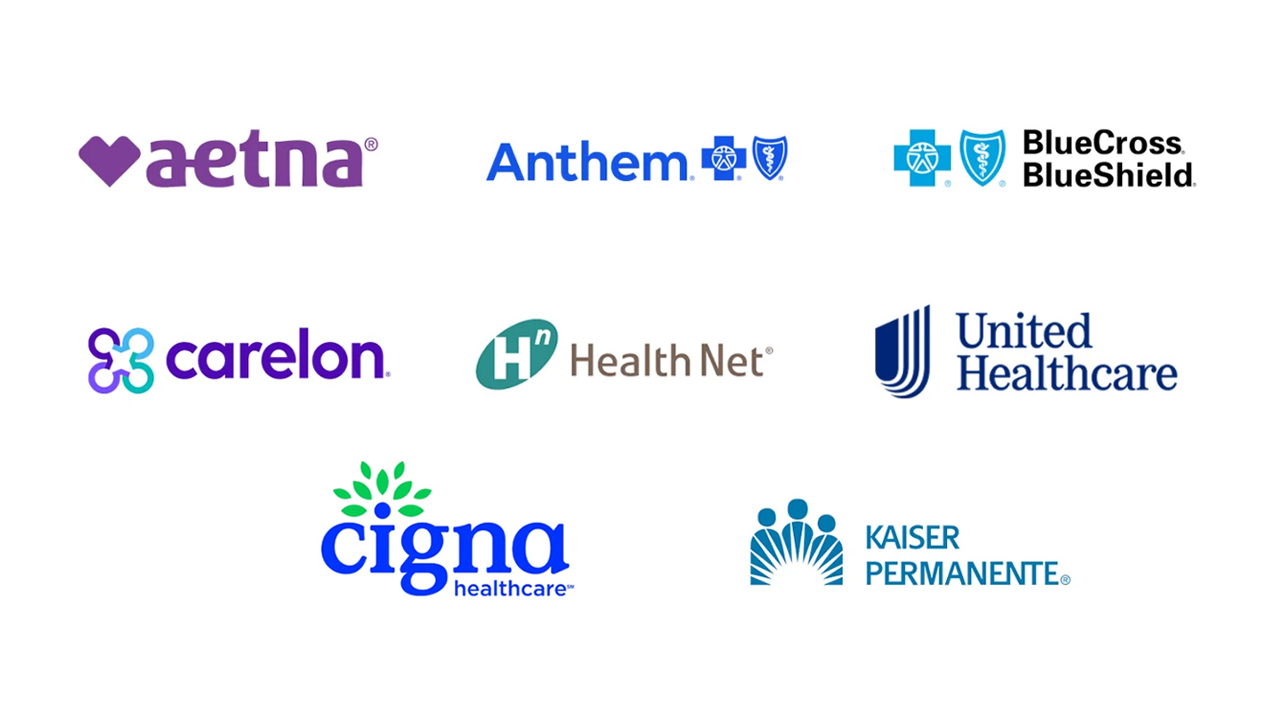
The Tools Your Teen Needs: CBT & DBT Explained
At ASPIRE, we use two proven therapy approaches — DBT (Dialectical Behavior Therapy) and CBT (Cognitive Behavioral Therapy) — to help teens learn how to manage tough emotions, build healthier habits, and feel more in control of their lives.
DBT – Helping Teens Stay Calm, Present, and Connected
Dialectical Behavior Therapy is especially helpful for teens who feel overwhelmed, shut down, or act out when emotions run high. DBT focuses on four life-changing skill sets:
Mindfulness
– How to slow down and stay focused, even during stress
Emotion Regulation
– How to understand and manage big feelings like anger, sadness, or anxiety
Distress Tolerance
– How to get through hard moments without making things worse
Healthy Communication
– How to set boundaries and build stronger relationships
Why it works: DBT[CC1] helps teens respond instead of react — giving them emotional stability and stronger connections at home, school, and with friends.
CBT – Helping Teens Rethink the Way They Think
Cognitive Behavioral Therapy teaches teens how their thoughts, feelings, and behaviors are connected. If your teen often says things like “I’m a failure” or “Nothing ever goes right,” CBT helps them challenge those thoughts and replace them with more helpful ones. It also teaches real-world coping skills for anxiety, stress, and low motivation.
Why it works: CBT gives teens tools to break out of negative cycles — so they can feel more confident, hopeful, and capable.
Talking with your child about mental health can feel overwhelming, but you are not alone. The National Institute of Mental Health (NIMH) offers trusted, evidence-based resources to help parents recognize symptoms, start meaningful conversations, and connect children with the right support. These resources are a valuable starting point. If you feel your child may benefit from more structured support, such as a group resiliency program, please reach out to our team at ASPIRE for guidance and next steps.
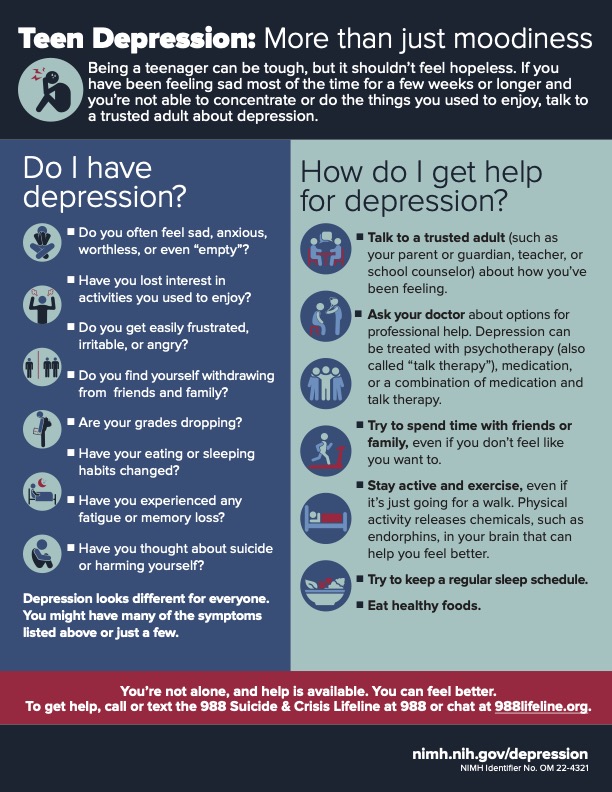
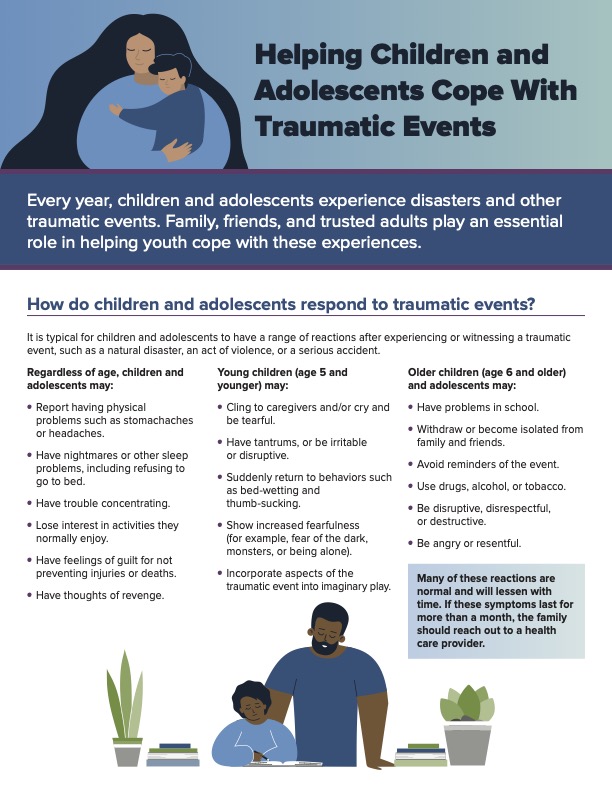
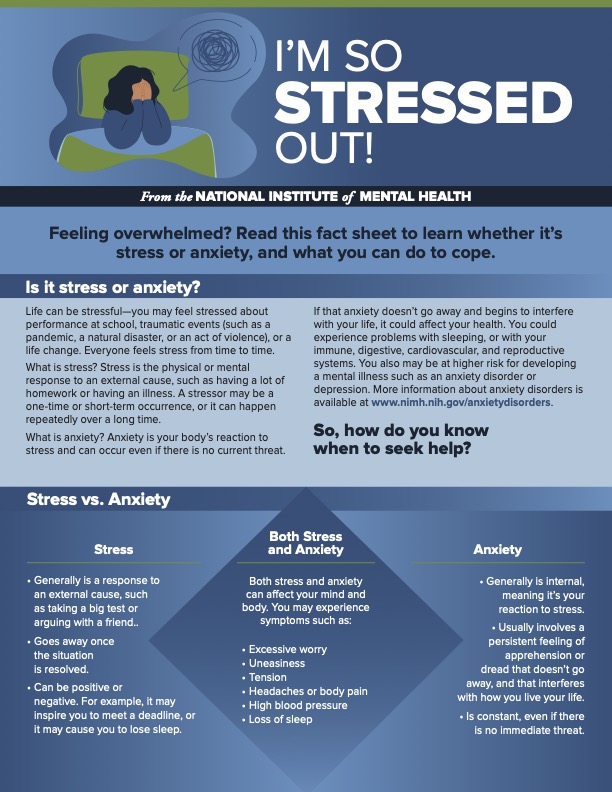

Hoag Center for Healthy Living - ASPIRE Newport Beach

Hoag Health Center - Irvine ASPIRE
The ASPIRE program is Hoag’s after-school behavioral health program for teens and young adults who are experiencing challenges such as anxiety, depression, grief, loss, mood dysregulation, or difficulty fitting in with peers. It provides a structured, supportive environment that combines evidence-based therapy with skill-building to help young people thrive.
ASPIRE teaches coping strategies, communication skills, and emotional regulation tools that are tailored to each participant’s needs. By addressing the root causes of anxiety, depression, or mood swings, the program empowers your child to better manage stress, express themselves in healthy ways, and build confidence in their daily life.
Unlike traditional after-school activities, ASPIRE is a clinically guided program led by licensed therapists and behavioral health professionals. It integrates group therapy, family involvement, and personalized care—resources that many schools or community programs cannot provide. Hoag’s reputation for compassionate, evidence-based care ensures that your child receives high-quality support in a safe, nurturing environment.
Family participation is an important part of ASPIRE. Parents and guardians are invited to learn alongside their child, gaining insights and tools to support them at home. This collaborative approach strengthens communication, improves family dynamics, and helps create lasting change.
By the end of ASPIRE, most participants feel more equipped to manage their emotions, navigate relationships, and cope with challenges. Families often report improved communication and a stronger sense of connection. Hoag also provides guidance on next steps, ensuring continuity of care and ongoing support for your child’s well-being.
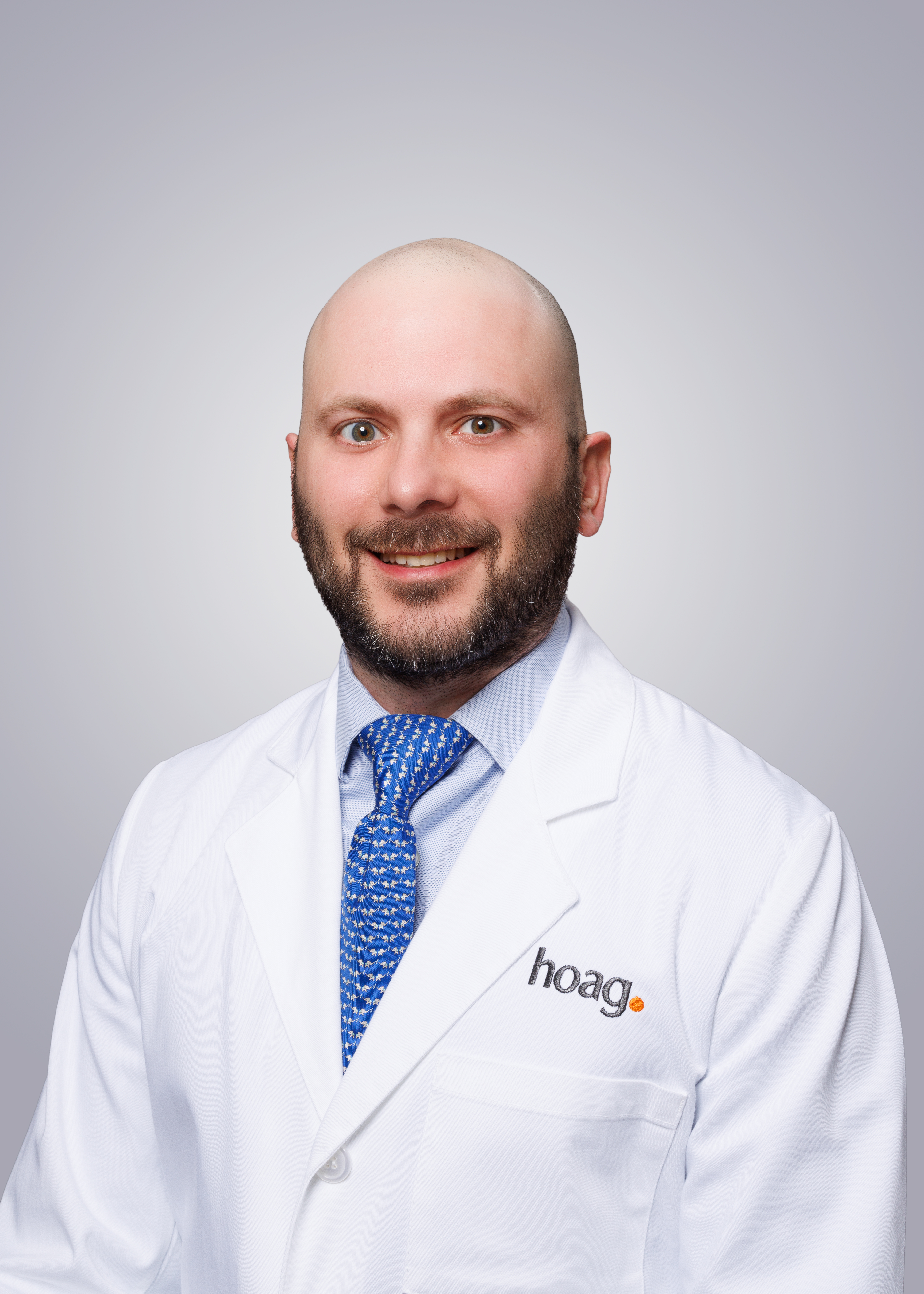
Psychiatry Medical Director, ASPIRE and Young Adult Mental Health